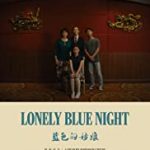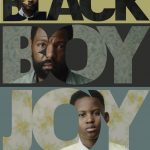 Every writer has their process. And I have mine for analyzing a script.
Every writer has their process. And I have mine for analyzing a script.
So here’s what I do.
First I’m going to read the script. I don’t need to know much about it up front since I want to read it completely fresh.
Then I’m going to read it again. And probably again.
Then I’m going to brew some coffee or jasmine tea, go to Spotify for music and draw on my experience working in all aspects of film and television from script development through to post production and distribution and make extensive notes. I’m going to use knowledge gained from having read numerous screenplays to analyze the characters, relationships, dialogue, structure, story execution and marketability.
As I work I’m going to explore every possible storyline to see if the characters feel fully developed and make sure that everything is coming together in an emotionally cohesive, compelling way. I’m going to break down the plot to see if the piece is structurally sound and moving forward with energy and tension. I’m going to ensure that there is a strong hook, that the premise has been fully exploited and that the piece is marketable. And I’m going to make sure that there’s a clear, meaningful theme that is supported by the characters, the protagonist’s transformation and the main action of the piece.
But perhaps most importantly, I’m going to look for the key elements of the story you want to tell. It’s not about my vision; it’s about yours. It’s also not about fitting into some arbitrary structure or hitting formulaic plot points. Yes there are some elements that have to be in place in order for a script to work successfully but I’m going to let the piece dictate the form. Moonlight would not have worked if it had used conventional structure but Little Miss Sunshine might not have worked as well without it. I’m going to look at the script with your intentions in mind so that my feedback helps you to articulate your vision and tell your story.
What I do next is up to you. Every script is different, the possibilities are limitless and each project has its own needs. Regardless of how we work together, the process is designed to give specific, meaningful feedback and useful tools to help you tell your story in such a way that you end up with an engaging, emotionally compelling, marketable script.


